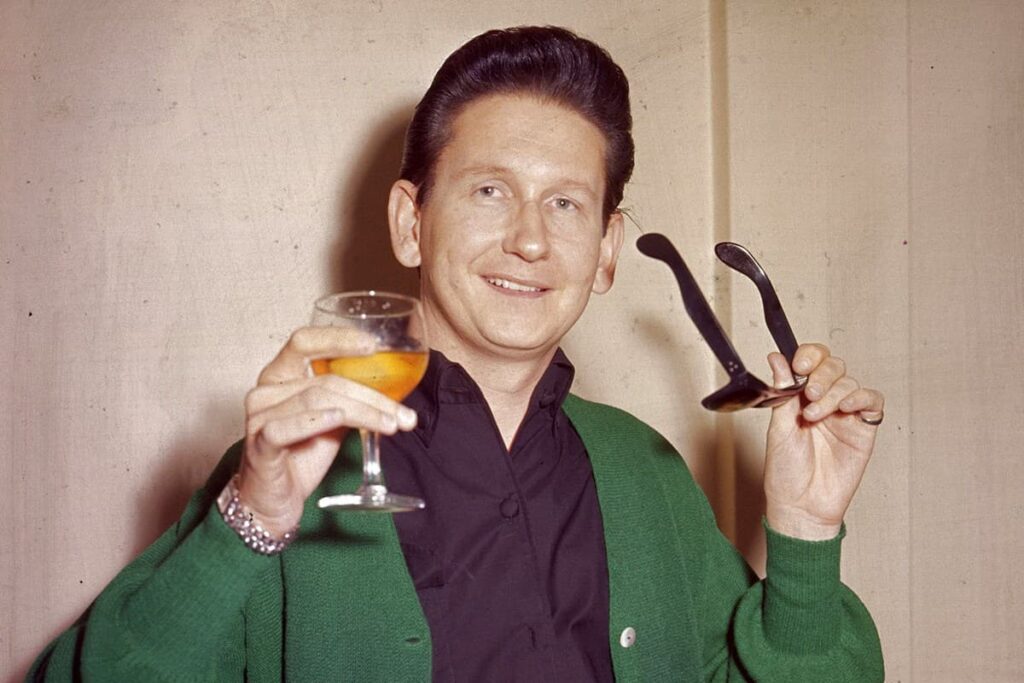
LOVE’S UNSEEN SHADOWS REVEALED IN QUIET DESPAIR
You May Feel Me Crying stands as one of Roy Orbison’s most emotionally transparent moments, a song that places the ache of loss and the persistence of love in the foreground of his late‑career work. Though not released as a high‑charting single in the way earlier hits did, the track gained renewed life in later compilations and special editions of Mystery Girl, the seminal 1989 album issued near the end of Orbison’s life and recorded in the final creative period of his storied career.
In the opening bars of You May Feel Me Crying, Orbison’s voice carries its signature blend of vulnerability and unwavering intensity. The song was written by Richard Kerr and Will Jennings, two songsmiths adept at crafting lyrical narratives that resonate long after a single listen, and produced in sessions that drew on both Orbison’s innate dramatic sensibility and the more contemporary sonic textures of his late‑1980s work. Shazam While it did not establish a prominent chart legacy in the manner of “You Got It” or his early 1960s classics, the piece finds its rightful place among the deep cuts that reveal Orbison’s capacity to articulate emotional paradoxes with both poetic subtlety and raw musical force.
At its heart, You May Feel Me Crying is a meditation on presence and absence, on the borders between memory and desire. Unlike the bombastic heartbreak of Orbison’s early hits, here the pain is quieter yet no less profound: it is a pain that inhabits the spaces between lovers, a spectral echo that refuses to be contained. Lines like “And oh I hope you do / I’m out there somehow all alone with memories of you” evoke a duality in which love’s imprint lingers long after physical union has passed. The narrator does not merely lament a loss; he articulates an enduring emotional tether that the beloved may feel just as keenly, suggesting that love’s imprint is not bound by space but by resonance and recollection.
Musically, the song’s composition supports this thematic structure. The gentle but insistent chord progressions and Orbison’s crystalline vocal delivery work together to create a soundscape that is simultaneously tender and haunting. This is music that embraces introspection rather than spectacle, inviting the listener to sit with complexity rather than retreat into sentimentality. The harmonic shifts and underlying melancholy mirror the lyrical narrative, underscoring how love’s remnants can feel both comforting and corrosive.
Within the broader context of Orbison’s catalog, You May Feel Me Crying occupies a distinctive niche. It does not seek the anthemic peaks of earlier chart successes. Instead, it offers a mature artist’s reflection on the continuing interplay of love and loss. In doing so, it enriches the emotional tapestry of Mystery Girl and affirms Orbison’s enduring artistry: a voice unafraid to confront the tenderness and tumult of the human heart even in his later years.